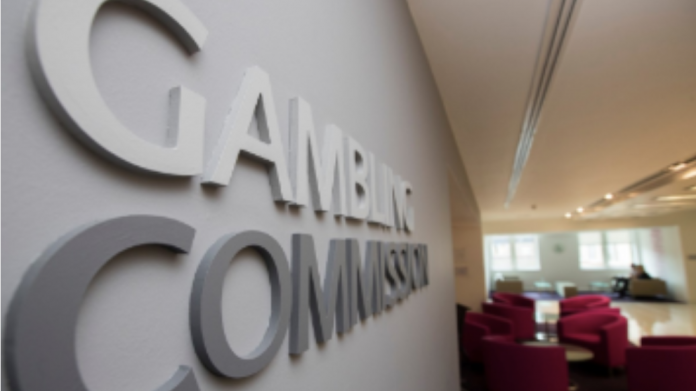The UK Gambling Commission has advised operators that it expects a swift response after updating its money laundering regulations which implements the fifth money laundering directive.
Coming into force immediately, the UKGC has published the latest edition of its guidance for remote and non-remote casinos on the prevention of money laundering and combating the financing of terrorism.
The UKGC acknowledges that “it takes time to implement changes and we will take that into account,” however it stresses the expectation of a prompt response, appropriate investment if technology is required to accommodate necessary changes and implementation “with the requisite urgency”.
Furthermore, it is added that the update guidance must result in casino businesses reviewing, and accordingly amending, their money laundering and terrorist financing risk assessments, as well as the associated policies, procedures and controls.
Opening the latest edition it is said: “The law concerning money laundering is based on the general and wide-ranging prevention and detection of the use of any proceeds of crime, and the prevention and detection of terrorist financing.
“For some businesses (including casinos) this includes the more specific requirements of the business and its employees to have policies, procedures and controls in place covering the risks they face from money laundering and terrorist financing.
“Using money in casinos, regardless of the amount, that is the proceeds of any crime can amount to money laundering if the person using or taking the money knows or suspects that it is the proceeds of crime. Money laundering offences can be committed by both the customer and casino employees, depending on their respective levels of knowledge or suspicion.”
Outlining the “main changes” to the money laundering regulations that have been incorporated into the guidance’s fifth edition, the regulator pinpoints:
- Taking appropriate measures in preparation for, and during, the adoption of new products or business practices and to assess and mitigate any money laundering risks arising from such adoption, in addition to the existing and similar requirement for new technology.
- Having specific policies, procedures and controls for the measures described above.
- Taking appropriate measures to ensure that any agents that operators use for the purposes of their business are given appropriate training in anti-money laundering and counter terrorist financing.
- Further direction in relation to what information may be regarded as ‘obtained from a reliable source which is independent of the person whose identity is being verified’.
- Further requirements for enhanced customer due diligence measures for high-risk third countries, complex or unusually large transactions, and where there are unusual patterns of transactions, or the transactions have no apparent economic or legal purpose, as well as customers who are beneficiaries of life insurance policies or the customer is a third country national who has received citizenship in an EEA state in exchange for the transfer of capital, purchase of property, government bonds or investment in corporate entities in the EEA state.











